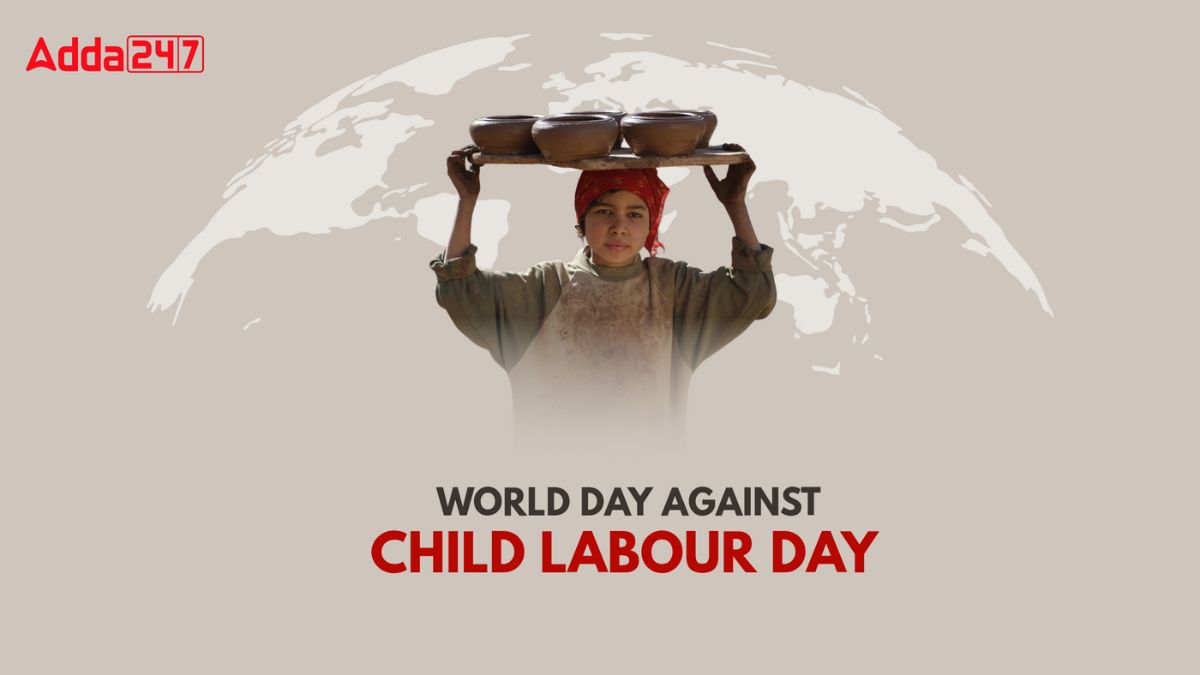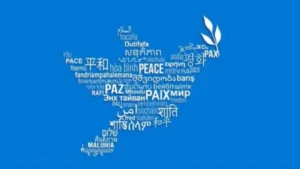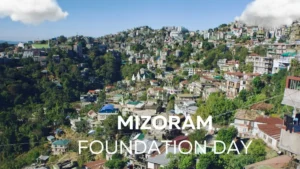Every year on June 12, the world observes World Day Against Child Labour to raise awareness about the persistent exploitation of children through forced and hazardous labour. The 2025 theme, “Progress is clear, but there’s more to do: let’s speed up our efforts!”, highlights both the achievements and the urgency to accelerate efforts to eliminate child labour, as 138 million children were still engaged in such work globally in 2024.
Why in News?
June 12, 2025, marks the 21st anniversary of World Day Against Child Labour, first initiated by the International Labour Organization (ILO) in 2002. The 2025 theme emphasizes that while progress has been made, intensified global action is essential to end child labour. A disturbing 138 million children were reported to be in child labour in 2024, highlighting the crisis’ continued relevance.
Theme for 2025
- “Progress is clear, but there’s more to do: let’s speed up our efforts!”
Focuses on,
- Acknowledging gains in child labour reduction
- Recommitting to global and national efforts to eliminate it completely
- Aligning with UN Sustainable Development Goal (SDG) Target 8.7
Objectives of the Day
- Promote awareness of child labour exploitation
- Advocate for the right to education, safety, and childhood
- Highlight challenges, especially in developing countries facing poverty-induced child work
- Mobilize governments, NGOs, and citizens toward policy implementation and action
Historical Background
- First Observed: June 12, 2002
- Initiated by: International Labour Organization (ILO)
- Headquarters: Geneva, Switzerland
- Years Completed in 2025: 21
Global and Indian Context
- In 2024, 138 million children were involved in child labour globally.
- In India, child labour is addressed through
- National Policy on Child Labour (1987)
- Child Labour (Prohibition and Regulation) Amendment Act, 2016
- Rehabilitation programs for affected children
- Free and compulsory education under RTE Act, 2009
Significance of the Observance
- Childhood is a right, not a privilege.
- The day acts as a global reminder of moral and legal obligations.
Drives action to,
- Tackle poverty and lack of education
- Strengthen enforcement of labour laws
- Provide rehabilitation and reintegration programs
- Emphasizes nutrition, safety, and mental health, especially for young, vulnerable children.



 International Mother Language Day 2026: ...
International Mother Language Day 2026: ...
 Arunachal Pradesh Foundation Day 2026: P...
Arunachal Pradesh Foundation Day 2026: P...
 Mizoram Foundation Day: A Tribute to Cul...
Mizoram Foundation Day: A Tribute to Cul...








